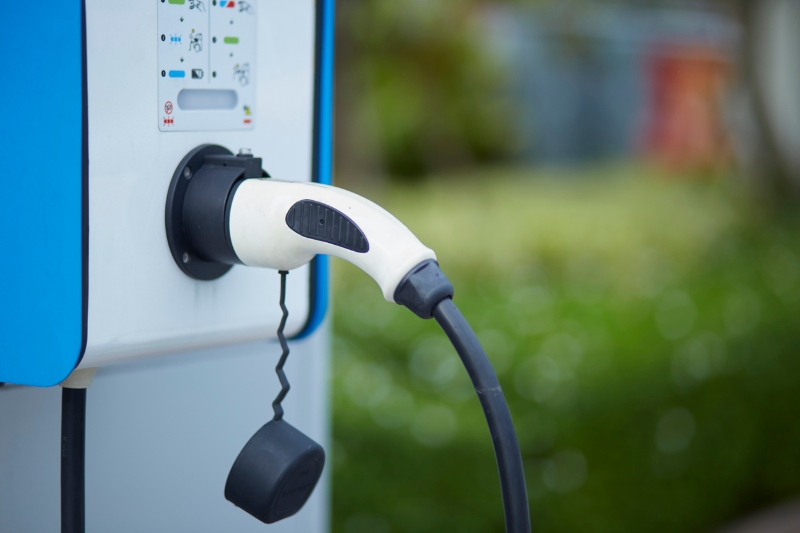Indonesia has introduced fresh incentives to stimulate the sales of domestically manufactured and imported electric vehicles (EVs), aiming at promoting eco-friendly automobiles and attracting investments to bolster its domestic EV sector. These incentives, outlined in detail, are a follow-up to a previously announced tax incentive program, targeting imported EVs. The program offers tax incentives to manufacturers who align their import quantities with the production of EVs within the country in the forthcoming years.
According to recently disclosed regulations, Indonesia has decided to eliminate the luxury tax on EVs for the fiscal year 2024 and waive import taxes until the conclusion of 2025. Additionally, the value-added tax (VAT) for EV buyers will be reduced to 1% from the previous 11% for 2024, extending a tax exemption that had expired at the close of 2023. The government has stated that these incentives are intended to spur domestic demand for EVs while simultaneously attracting investments from automakers.
According to the deputy coordinating minister responsible for EV sector development, numerous EV manufacturers have revealed their intentions to introduce vehicles in Indonesia following the government’s announcement of its incentive plans. China’s BYD, recognized as the world’s largest EV manufacturer in sales volume, recently introduced three all-battery EV models it intends to market in Indonesia.
The government targets the domestic production of 600,000 EVs by 2030, a significant increase compared to the relatively small number sold in Indonesia during the first half of 2023. Additionally, it seeks to position itself as an EV production center, capitalizing on the nation’s abundant nickel reserves, which are crucial for EV battery production.
(Source: Times of India)

